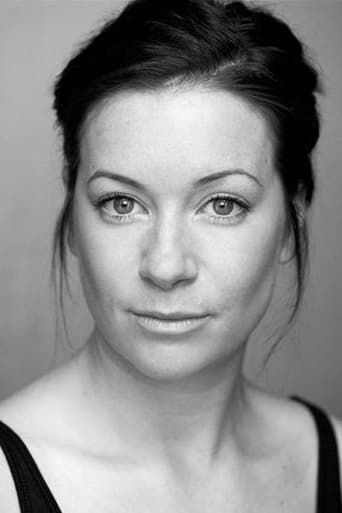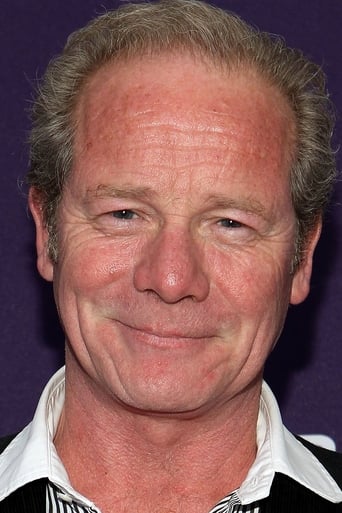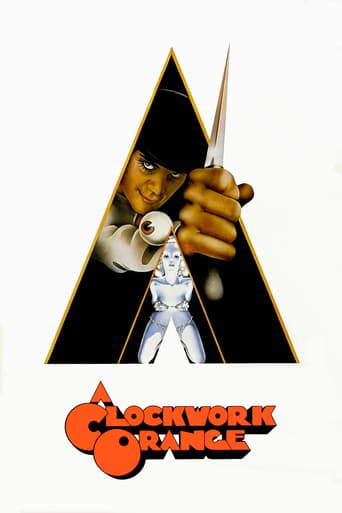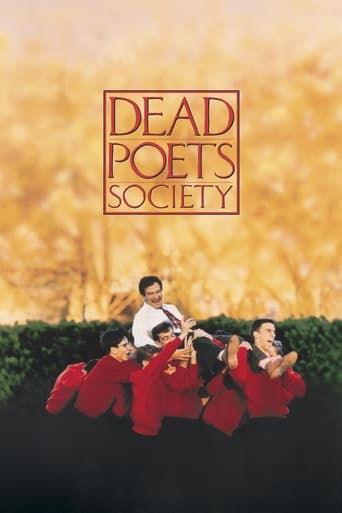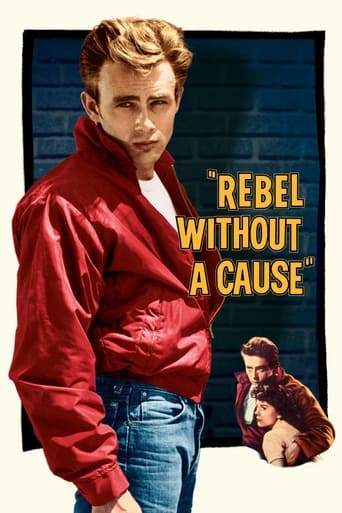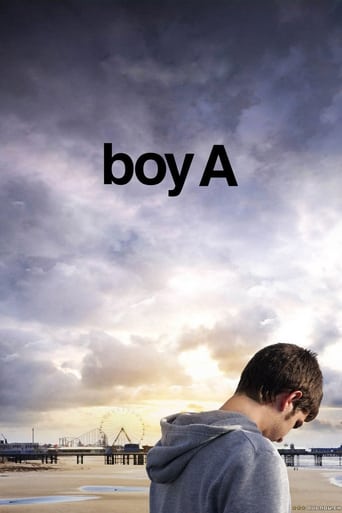
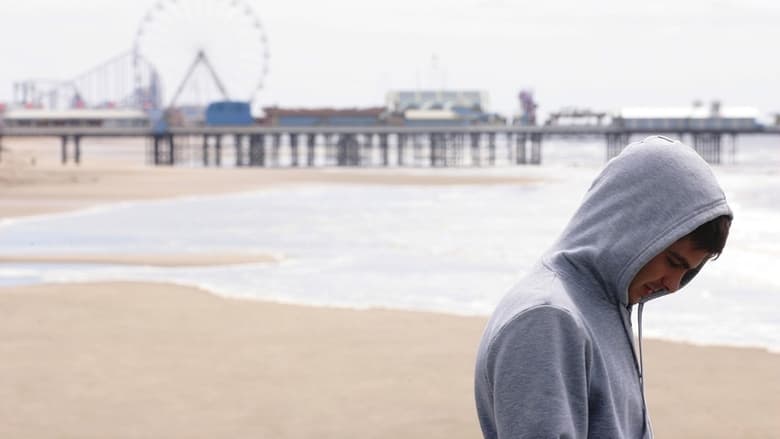
Boy A (2007)
Freed after a lengthy term in a juvenile detention center, convicted child killer Jack Burridge finds work as a deliveryman and begins dating co-worker Michelle. While out on the road one day, Jack notices a distressed child, and, after reuniting the girl with her family, becomes a local celebrity. But when a local newspaper unearths his past, Jack must cope with the anger of citizens who fear for the safety of their children.
Watch Trailer
Cast
Similar titles
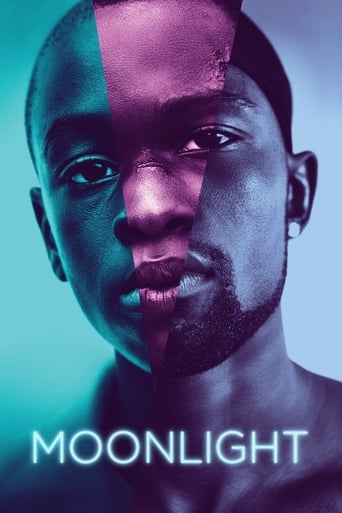
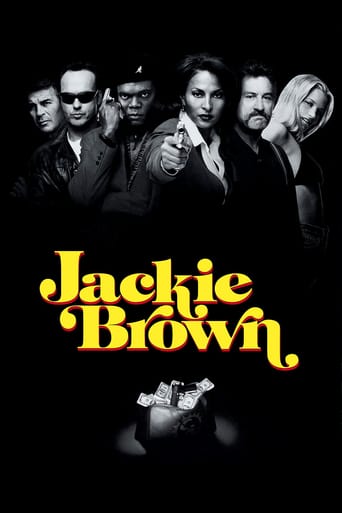
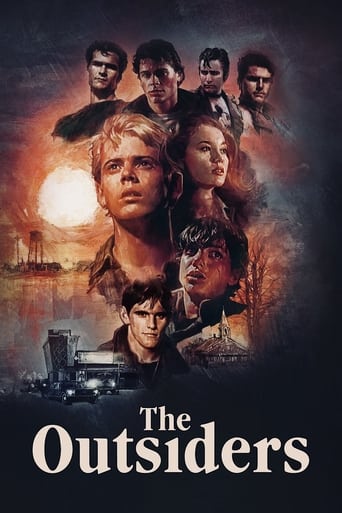
Reviews
One of my all time favorites.
Fantastic!
Yo, there's no way for me to review this film without saying, take your *insert ethnicity + "ass" here* to see this film,like now. You have to see it in order to know what you're really messing with.
It’s not bad or unwatchable but despite the amplitude of the spectacle, the end result is underwhelming.
Yes, this film was well acted (very well, actually). Yes it was fairly much interesting to watch.Was it a good film?No. It was a film trading on an emotional subject. The word is exploitative.The question which should have been addressed by this film was 'Do children/young adults aged ten know the difference between right and wrong; are they culpable of murder?' The question which was asked was something along the lines of 'Do you feel sorry for this good-looking boy who was easily led and who killed a girl who was assertive?' - or something along those lines.The correlation between this film and its underlying question and the James Bulger case can't be overlooked. It's likely that the film is trading on that very correlation. The facts of the Bulger case - that the murder was premeditated, that the murder was drawn out, that the victim was tortured, that there was a sexual element (and so on) - were overlooked where inconvenient undermines Boy A. It raises the suspicion that this film is a sentimental sensationalisation and nothing more.Boy A was released at twenty-four; The James Bulger murderers were released at age eighteen - they were protected from having to serve time in an adult prison. They were released when, given the ages at which murderers and rapiists are at their most active, they were most likely to reoffend. This is a hugely significant difference.The protagonist in Boy A, played by Andrew Garfield who is a good-looking and intelligent guy, engages our sympathy from the beginning. The victim, the girl murdered, doesn't even appear until the end of the film and, when she does, is presented unsympathetically. She's shouty and dictatorial - probably she's asking for it?...Victims aren't to blame for being murdered. Parents aren't to blame - as they are shown to be in this film - for producing murderers. If the latter were true, why would one child of a family turn out to be a murderer, or a rapist, and the other children turn out OK? When it comes down to it, the only person to blame for a murder (or a rape, or an assault, or whatever.) is the person who did it. And some people are just evil.Whatever the answer, whatever is the solution to the evil people amongst us, this film doesn't address it. It simply sentimentalises the question for the sake of selling a film.That would make it cheap, nasty, exploitative and damaging. An insult to people like Denise, the mother of a two-year-old child who was abducted, terrorised, tortured and killed, without rhyme or reason. It would be a gloss on the fact that we, as taxpayers, have had to fork out millions to protect the murderers of this two-year-old child. And the amount is rising all the time because one of the murderers got drunk and revealed his identity so he had to be given another one; one of the murderers has had to be recalled to prison twice for child pornography offences. And so it goes on.The justice system, certainly in the UK, focuses on the care of the perpetrators; the victims are forgotten. We don't need a film which does the same.If Denise, the mother of James Bulger, has the misfortune to see this film it will add to her agony. That is disgraceful - and it undermines any artistic integrity the film might have had in the first place.I wish I'd never seen this film; if you have a choice before you decide to see it I would urge you to boycott it.
This is a film which forces you to think differently. Boy A completely shifts its focus from the typical media perspective and instead chooses to concentrate on the one(s) being vilified.Before watching Boy A, I reminded myself about the facts of the James Bulger case. It's painfully clear that this film was intended to force viewers to have a new perspective on the case and its perpetrators: Venables and Thompson. In both the film and the case, there are: two schoolboys skipping class and getting up to no good, an unspeakable act of sheer horror, and prosecution by both the judiciary and mainstream media. The most heartbreaking allusion that the film makes to the case, though, is in its use of the train tracks. The train tracks are where James Bulger, at only two years old, was sickeningly abused and ultimately killed by the two boys, depicted by the media at the time as Child A and Child B.Both Eric and Philip have very troubled backgrounds and as a result their morals and values have been entirely skewed. Eric, at least, seemed to lose his sense of knowing right from wrong the longer he was around Philip and subject to his brash, violent nature; the more exposed he was to Philip, the more detached he became from humanity.Was Eric a bad person? From everything we've seen, no: it seems as though an abusive father, a detached mother, an unsupportive and inadequate school system, and bullying all had a detrimental impact on the growth and development of this young boy. Eric did kill (or at least take part in the killing of) a schoolgirl, and took part in some other very violent acts too; however, this only occurred after he had been exposed to and influenced by Philip for some time. Jack, on the other hand, is one of the most friendly, caring, and vulnerable individuals you'll ever see on-screen - he is totally at odds with Eric. This juxtaposition is excellently handled by the director through the use of flashback to simultaneously introduce us to both Eric and Jack whilst distinguishing the two.Additionally, it must be noted that the schoolgirl whom Eric and Philip kill is not revealed to be entirely innocent, kind, or vulnerable. Instead, she's portrayed as an arrogant, rude, distasteful little girl. Her attire and well-spoken nature lead the audience to believe she's from a wealthy background, whereas Eric and Philip are the complete opposite. This makes it even more difficult to watch as we know that the schoolgirl is the victim, but ultimately so are Eric and Philip.A scene which I found especially perplexing was the one in which the pair of them catch a fish and Philip then proceeds to beat the fish within an inch of its life, only to toss it back into the water. He admits that he knows the fish won't survive, yet he's still chosen to release it back into the water rather than show it mercy. This speaks volumes for the way in which young offenders are handled in the justice system. Is rehabilitation truly effective? Can it have a beneficial impact on the offenders? Or by the time they're finally released back into society has the damage already been done too significant?The drawing we see at the end of the film by the little girl indicates that she sees Jack as a hero. This further reinforces the idea that it's all a matter of perspective. In a past life, Eric used his knife to kill a schoolgirl; but to this little girl, Jack is a hero who used his knife to save her. This stark contrast goes to show how much an individual can change, as Jack's mentor, Terry, identifies when he reflects on how far Jack has come since he met him all those years ago. This notion, then, seems to answer the questions raised earlier in the film as to whether or not rehabilitation is actually effective: we can see from Jack's behaviour and his progress that rehabilitation can and does work. Unfortunately, though, once someone has been broken into so many pieces and they've been put back together, it only takes the most gentle upset for it all to come crashing down again.In the end, we're led to believe that he jumped. Jack admits that, as Terry often told him, Eric is dead - in his past. But now that his past has been brought up again, it has consequently resulted in the destruction of Jack: his new identity. This leads him to a sense of hopelessness as he realises he's trapped between two worlds and they're collapsing against one another, pinning him in between until he shatters. This leaves us with a bleak message: we, the public, have ultimately caused Jack to take his own life. What makes this far more serious is that public intervention actually has resulted in the deaths of innocent people, such as Scott Bradley, who was wrongly identified as being Venables. As a result of his misidentification, he was harassed, vilified, and took his own life; an innocent man died at the hands of the public's persecution.If you enjoyed Boy A and the way it encouraged you to see from a different perspective, then I urge you to watch "The Dirties", which deals with bullying in schools and the consequences which can arise from neglecting to address it.All in all, Boy A is a highly thought-provoking and devastating film, which ask us to pause and reflect on our treatment of young offenders and consider that there may - and indeed likely is - more going on than that which is portrayed by the media. Only once we take a step back and contemplate our crucification of these children can we effectively pinpoint what causes such tragedies to occur and prevent them from happening ever again. RIP Jamie Bulger.
I haven't really watched an intense movie in a while and it took watching Boy A to really make me aware of that fact. This movie was overwhelming. I didn't really know what to expect before watching this but I don't think there is anything I could have done to prepare myself for such a harrowing ride. The movie revolves around Jack/Eric an underage offender and we are introduced to him as he is just released from prison. He must integrate back into society under a false identity and at a difficult age considering what he's missed out on . The nature and extent of his heinous crime is slowly revealed to us making for a more dramatic film and it gives us a chance to develop a bond with his character before judging him straight away. When Jack/Eric is released from prison he has the naivety of a child and this is shown to us through his social interactions and how inexperienced he is with the most common tasks such as ordering food. This is actually a remarkable movie it's so authentic in every way possible the scene from the night out is all too familiar. When they were in the taxi reflecting on the night whilst being out of their minds.... well it was like deja vu. The director more than convinced me that Jack was entitled to a second chance no matter how atrocious the crime he had committed. He served his time, was remorseful, and by nature was not an evil person. He was just an underprivileged child in need of guidance and sought it in a best friend that was subjected to even more torment than he. An extremely intelligent movie, from the beginning everyone turned their backs on him and in the end nothing had changed leaving jack to feel as if he were alone once more with nowhere to turn. I have to add that I never liked Andrew Garfield as an actor but this was truly a riveting performance. He succeeded in capturing the intensity of his character and has forced me to reconsider my judgment of him.
bitter, cruel, delicate, profound. a movie like gray water of a river. with an impressive Andrew Garfield in his best role. with wonderful images. with an extraordinary story. and full of subtle nuances of redemption, new life, ambiguous feelings, faith, love, trust, relationship and world as enigma. a film out of words, definitions or verdict. a film as a travel to dark territories in light of sweet innocence. victims as parts of victim existence. the stain, hate, need of sense and fragile protector. a picture in newspaper. and the circle of hope, values, wright things is broken. tale of somebody in clothes of everybody secret. because the picture of new Jake is not an accident. not slice of pessimism. it is one of world rules. basic rule. in a society for who forgiveness is just metaphor.

